Many of us have felt the frustration of navigating the maze of online course accreditation. It can seem overwhelming, like trying to find your way out of a cornfield with no map. You’re definitely not alone in this!
But what if I told you there’s a way through? Stick around, and I promise you’ll discover a clear path to obtaining accreditation for your online courses, making the process a lot smoother and more manageable.
From understanding the different types of accreditation to selecting the right accrediting body, we’ll cover all the essential steps you need to take. Let’s dive in and demystify this process together!
Key Takeaways
- Understand accreditation: It’s about quality assurance for your courses, boosting credibility.
- Know the types: Regional accreditation is the gold standard, while national and specialized accreditations serve different needs.
- Choose the right accreditor: Look for organizations recognized by the U.S. Department of Education that align with your goals.
- Prepare your course: Align content and learning outcomes with accreditor standards, and document everything.
- Submit carefully: Gather required docs, meet all guidelines, and submit early. Keep copies of everything.
- Stay proactive during review: Be patient, check status, and respond promptly to any feedback.
- Maintain accreditation: Regularly update your course and engage in continuous improvement to meet ongoing standards.
- Benefits matter: Accreditation enhances course credibility, attracts students, and may be required for financial aid.

Steps to Obtain Accreditation for Online Courses
Getting accreditation for your online course can seem like a daunting task, but it’s absolutely doable with the right approach and preparation.
The first step is to understand what accreditation involves.
Accreditation is essentially a quality assurance process that ensures courses meet certain standards and are recognized by employers, universities, and students.
This can boost your course’s credibility, which is crucial given that the global eLearning market is expected to reach $1 trillion by 2028.
To start, gather all relevant information about your course, including objectives, target audience, learning outcomes, and assessment strategies.
Then, identify the specific accreditation process relevant to your type of course and market.
This will help you with compliance and keeping your application smooth and straightforward.
Understanding Different Types of Accreditation
When we talk about accreditation, it’s essential to know that not all accreditation is created equal.
There are different types, such as regional, national, and specialized accreditation.
Regional accreditation is typically associated with degree-granting institutions and is considered the gold standard by many.
On the other hand, national accreditation is more common among vocational, training, or online-only institutions.
Specialized accreditation applies to specific programs within a school, so if your course falls in specialized areas (like healthcare), this might be your best bet.
Understanding these distinctions will help you decide which route to take.
It’s also handy to remember that regional accreditation is often regarded as more prestigious and can open more doors.
Choosing the Right Accrediting Body
Choosing the right accrediting body is like picking a partner; you want to make sure you’re compatible in values and goals.
Start by researching accrediting organizations that focus on your specific field.
Look for ones recognized by the U.S. Department of Education, as this can add a layer of legitimacy to your course.
It’s a good idea to read reviews or even connect with others who have gone through the process with the accrediting bodies you’re considering.
Check their requirements—some might be more stringent than others, which is something to keep in mind.
If they align with your course objectives and community standards, put them on your shortlist.
Preparing Your Course for Accreditation
Preparation is the name of the game when it comes to getting accredited.
First, align your course content with the standards set by your chosen accrediting body.
Make sure your learning outcomes are clear, measurable, and relevant to your field.
A well-structured syllabus can be your best friend here—it serves as both a roadmap and a checklist.
Document everything; from course materials and assessments to faculty qualifications, everything should be in place.
Consider having an external reviewer go over your course before applying to get unbiased feedback.
This can help you refine aspects of your course that you may not have thought were problematic.
Lastly, don’t forget to gather testimonials or data showing past learner success, as this can be a critical component in your application.

Submitting an Accreditation Application
Once your course is aligned with accreditation standards, it’s time to submit your application.
Start by gathering all the required documentation, which typically includes your course syllabus, faculty credentials, and examples of assessments.
Carefully review the accrediting body’s guidelines to ensure you meet all criteria for submission.
Be meticulous in answering any questions; vague or incomplete answers can stall your application.
If a narrative is required, clearly articulate how your course meets the standards and support your claims with evidence.
It’s also helpful to create a checklist based on the accreditor’s requirements; this keeps you organized and on track.
Submit your application well ahead of deadlines to avoid any last-minute issues.
Don’t forget to keep copies of everything you submit—this can save you from headaches later.
Navigating the Review Process
The review process is where the magic—or tension—happens.
Once you’ve submitted your application, it’s evaluated by peer reviewers or experts in your field.
This can take time, so patience is key; expect the process to last several weeks to months.
Stay proactive by checking in on the status of your application if the timeline exceeds what was indicated.
You may receive feedback or requests for additional information—respond promptly and thoroughly.
Hopefully, you’ll get to celebrate an approval, but if not, take the feedback seriously and make the necessary changes.
Sometimes, accreditation bodies provide opportunities for resubmission, so all is not lost.
Maintaining Accreditation Status
Congratulations on obtaining accreditation! Now, the focus shifts to maintaining that hard-earned status.
Most accrediting bodies require periodic reviews or reports to ensure you’re still meeting their standards.
Create a system for continuous improvement, regularly updating your course based on feedback and evolving industry standards.
Participate in professional development, attend workshops, and engage in your educational community.
Documentation is your best friend here; keep records of updates, assessments, and any changes you make.
A proactive approach can help you breeze through the next review cycle.
Consider periodically reaching out to your accrediting body for informal guidance; they can provide valuable insights.
Benefits of Accreditation for Online Courses
So, why go through all this trouble for accreditation? The benefits are compelling.
Accreditation enhances your course’s credibility, making it more attractive to prospective students.
Employers often look for accredited programs when hiring, as it signifies quality education.
Additionally, some financial aid programs require courses to be accredited, broadening your potential student base.
With recognition from an accrediting body, your course can stand out in the increasingly crowded eLearning market.
Moreover, accreditation can create opportunities for partnerships with other educational institutions.
In a world where online learning is projected to climb to a whopping $1 trillion by 2028, being accredited can provide a significant competitive edge.

Common Challenges in Obtaining Accreditation
Even with a solid plan, there are some common challenges you may face when seeking accreditation.
For instance, understanding and meeting all the specific requirements of the accrediting body can be confusing.
Each organization has its own set of standards; what’s acceptable to one may not be to another.
This can lead to frustration, especially if you find out too late that your application lacks certain elements.
Another challenge is the time commitment involved; getting accreditation often requires a significant amount of documentation and thorough preparation.
Some organizations may also have lengthy review processes, stretching patience levels to the limit.
Lastly, funding can be a hurdle; consider the costs associated with improving your course content and the application fees.
Setting a well-planned timeline and budget can help you navigate through these obstacles.
Resources for Further Assistance
Luckily, there are plenty of resources out there to help you through the accreditation maze.
Start by visiting websites of established accrediting agencies, like the Council for Higher Education Accreditation (CHEA) or the U.S. Department of Education.
These sites often provide guidelines, FAQs, and even support contacts.
Networking with others who have successfully navigated the process can also be invaluable.
Consider joining online forums or professional groups related to your field for advice and camaraderie.
You might also want to look into hiring a consultant who specializes in accreditation if your budget allows; they can provide tailored insights based on your specific situation.
In short, take advantage of the wealth of knowledge available to ease your path toward accreditation.
FAQs
Accreditation for online courses is a quality assurance process that verifies the standards of education. It ensures that the course meets specific educational criteria, making it credible to students and employers.
The accreditation process can take anywhere from several months to over a year, depending on the accrediting body and the complexity of the course. Preparation and timely submission can expedite this timeframe.
Benefits of accreditation include increased credibility, enhanced student enrollment, better recognition by employers, and eligibility for financial aid. It signifies a commitment to quality education and continuous improvement.
Common challenges include gathering necessary documentation, meeting specific standards, and addressing feedback from reviewers. It’s important to be prepared for potential revisions and to understand all requirements beforehand.
